A Keto-Vegan Diet? Is Such a Thing Even Possible?!
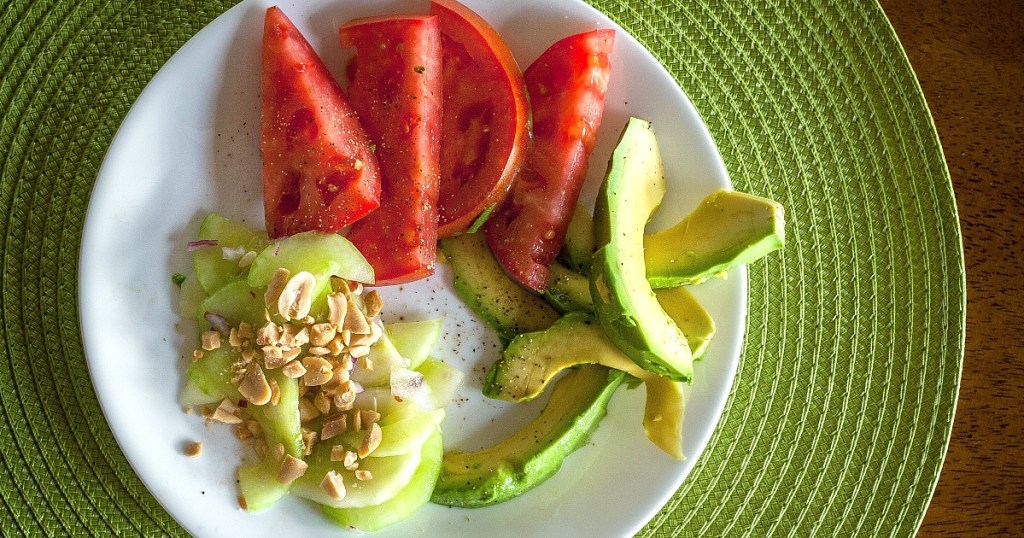
A keto diet… for vegans?!
It’s no surprise that the keto diet is the hottest health topic in the media these days. Thousands of people are starting to notice the numerous benefits of fat-fueled living, and they’re ready to tap into that high-octane fuel we call fat. So why wouldn’t someone who embraces a vegan lifestyle wonder if it’s possible to incorporate keto? Although these two diet philosophies are somewhat contradictory, with a bit more thought and careful planning, it can be done.

First things first, a well-formulated keto diet is high in healthy fats, moderate in protein (often from animal sources like meats, eggs, fish, poultry, and some dairy), and low in carbohydrates. On the other hand, a vegan diet avoids animal products from all sources. This means vegans typically consume high-protein legumes and meat substitutes, which are usually too high in carbohydrates to reach the state of ketosis. So how does one find a balance without causing nutritional deficiencies?
Here is a general guide for a keto-vegan diet:
- Limit carbohydrates to 30-50 gm/day — this is the typical intake level to achieve ketosis.
- Eat plenty of low-carb non-starchy vegetables, such as leafy greens and cruciferous (broccoli, cauliflower, bok choy, kale, etc.) I personally don’t count these as part of daily total carbohydrates.
- Choose lower-carbohydrate fruits like berries and eat in small amounts.
- Eat plant-based fats to satiety (a.k.a. fullness). Several options include high-fat foods and their oil forms, such as coconuts, avocados, and olives, in addition to coconut cream, cacao butter (so good in coffee!), high-fat nuts like macadamias, and MCT oil.
- Consume plant-based proteins like tempeh, nutritional yeast, natto, spirulina, nuts, and seeds.
- Consider supplementing vitamins/minerals that are often deficient in a vegan-keto diet: DHA + EPA, vitamins D3, and B12, as well as iron and zinc.
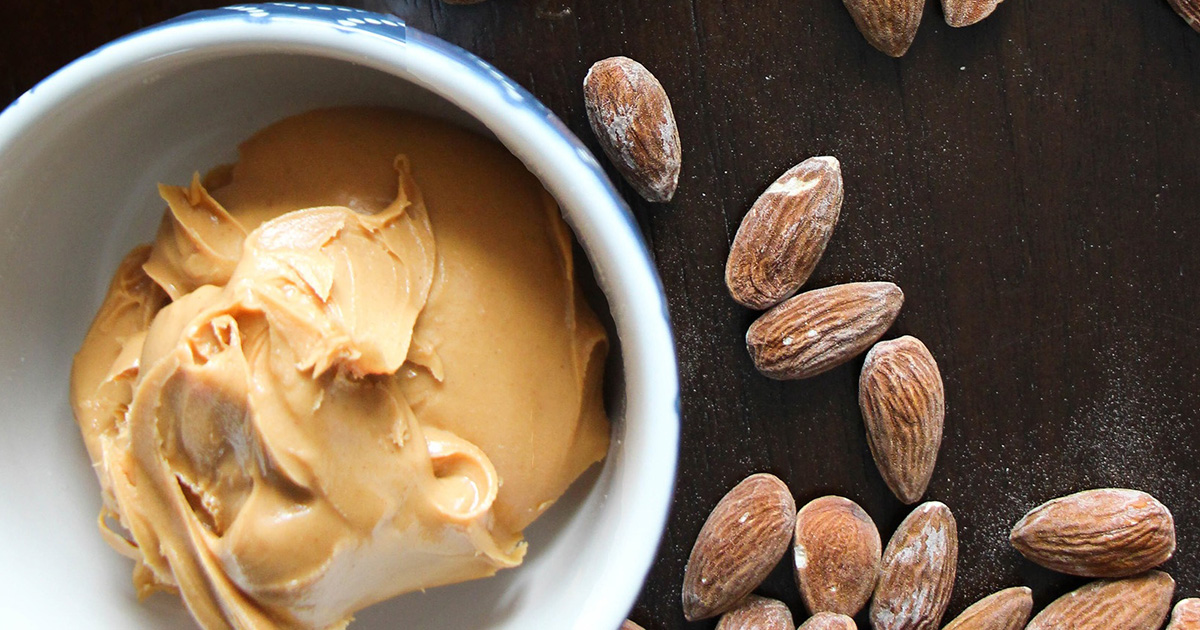
Other tips:
- Diversify your diet to include a wide variety of nutrient-dense foods.
- Avoid eating too many processed foods like fake meats, over-processed soy products, and processed keto/vegan-friendly junk foods. Essentially, aim for just whole, real foods.
- Sprinkle nutritional yeast on vegetables and salads. Nutritional yeast is high in B vitamins, especially B12, which is lacking in a vegan diet. And it makes everything tastier!
- Maximize iron absorption by eating vitamin C rich foods (bell peppers, cruciferous vegetables, and berries).
- Consider adding in a vegan protein powder. These typically include pea, hemp, brown rice, and flax protein powders that contain isolated forms of plant proteins.
- Supplement with spirulina and chlorella — considered “superfoods”, which contain complete proteins, B-vitamins, iron, vitamin C, and much more. They’re arguably the most nutrient-dense foods on the planet.
- Incorporate intermittent fasting on occasion, which may allow you to be a bit more flexible with carbohydrates during your eating window.
- If meeting adequate nutrition is difficult on a keto-vegan diet, consider a compromise toward more of a vegetarian approach in which one would include other nutrient-rich food sources like eggs, fish, and or low-carb dairy products.
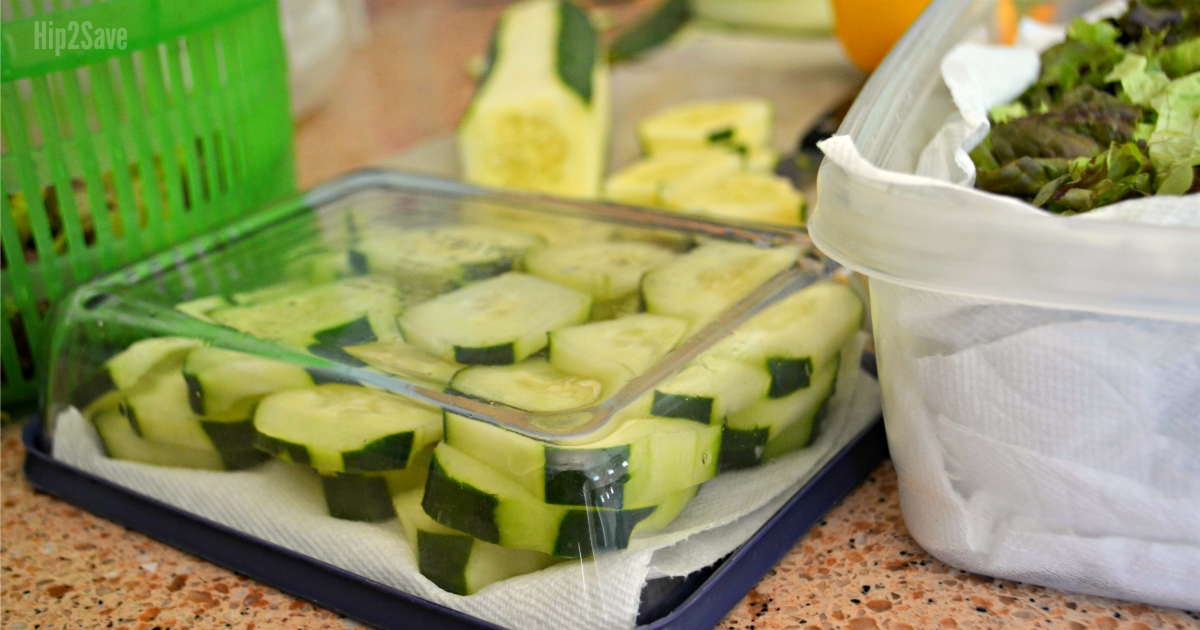
Finding a healthy balance between the two opposing diets can be achieved, though with challenges. However, if one is dedicated to carefully meal planning, incorporating a wide variety of whole foods, and supplementing any lacking vitamins/minerals, it can be done!
At the end of the day, a successful keto-vegan diet is all about meeting your nutritional needs, listening to your body, and adjusting your diet to keep it healthy and happy!



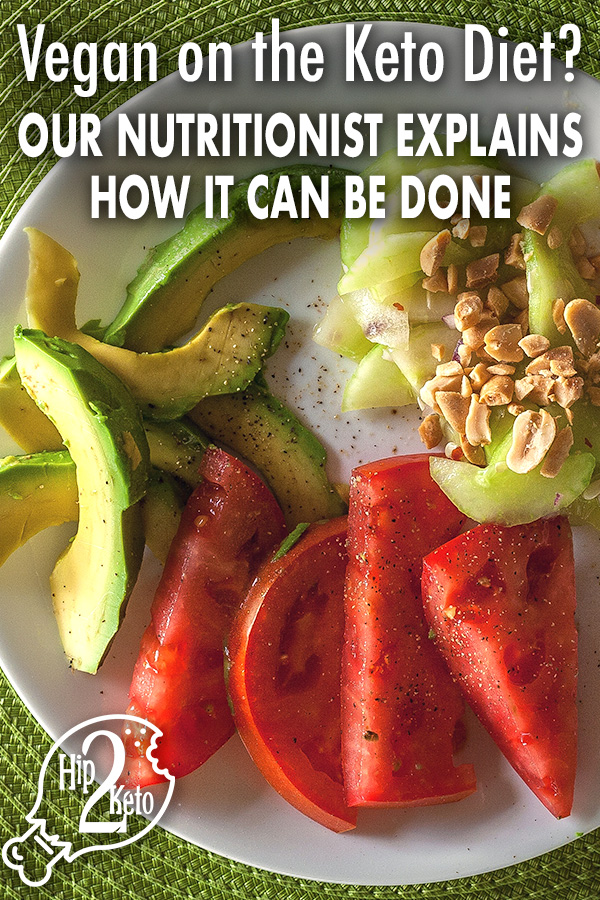
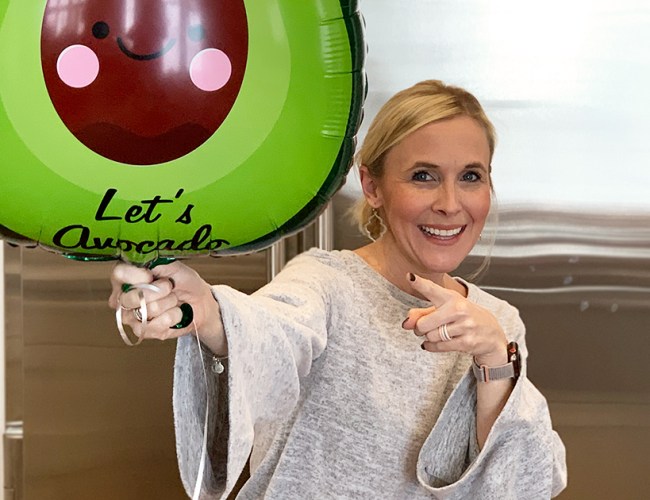
Comments 0